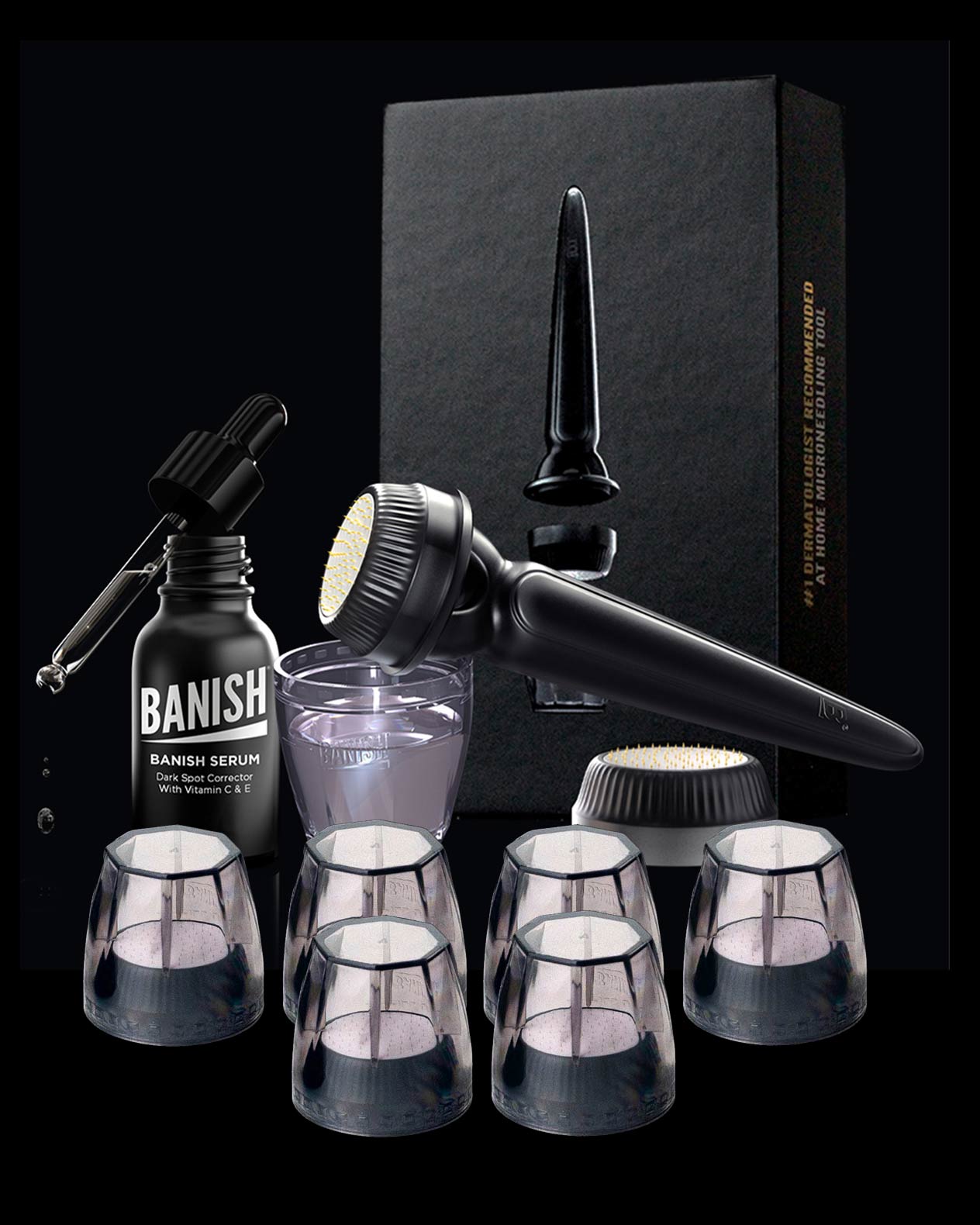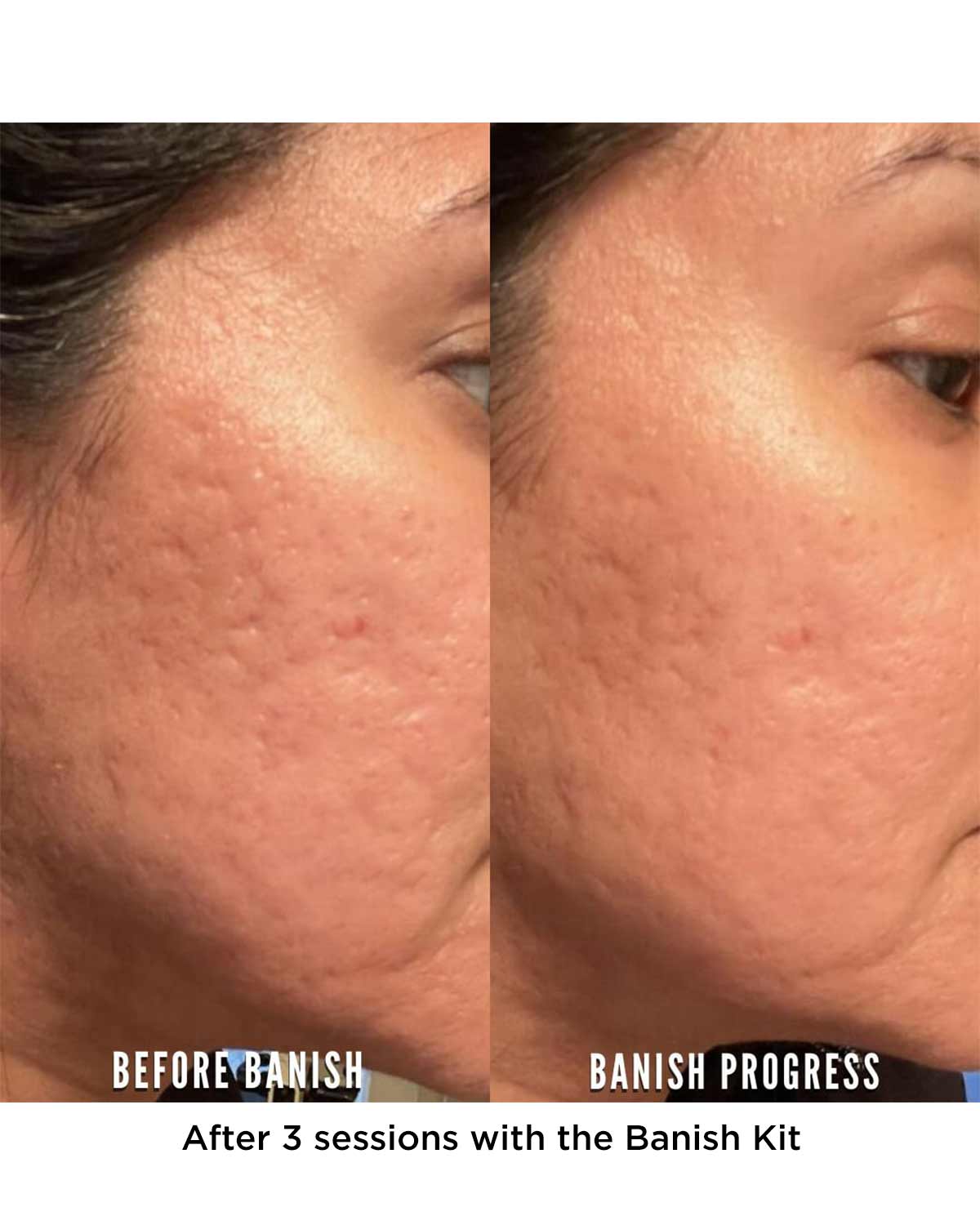What is Psoriasis?
Psoriasis is a long-lasting autoimmune disease which is characterized by patches of abnormal skin. The underlying mechanism involves the immune system reacting to skin cells. These skin patches are typically red, itchy, and scaly. They may vary in severity from small and localized, to complete body coverage.
What Causes Psoriasis?
The disease affects roughly 2–4% of the population, and men and women are affected with equal frequency. The disease may begin at any age.
Psoriasis is generally thought to be a genetic disease which is triggered by environmental factors. For example, in twin studies, identical twins are three times more likely to both be affected compared to non-identical twins; this suggests that genetic factors predispose to psoriasis.
Symptoms often worsen during winter and with certain medications such as beta blockers or NSAIDs.
Infections, illness, trauma, environmental aggravates and psychological stress may also play a role.
Psoriasis is not contagious, however.
How is Psoriasis Treated?
There is no cure for psoriasis. However, various treatments can help control the symptoms. These treatments may include steroid creams, vitamin D3 cream, ultraviolet light, and immune system suppressing medications such as methotrexate. About 75% of cases can be managed with creams alone. Regardless, any number or combination of these therapies may work for you - you will need to try each one to determine which is right for your particularly situation.
Prescription drugs for psoriasis come in topical and internal forms and they all have side effects meaning the risk/benefit analysis needs to be weighed personally by you and your treating physician relative to the extent of your skin disease.
Lifestyle Changes
Making healthy lifestyle choices can certainly improve your psoriasis and reduce your risk for the psoriasis comorbidity diseases. When you make choices that are good for your heart, and that reduce your risk of diabetes and cancer, you'll be helping your skin in the process.
1. Regular Exercise.
Obesity is a risk factor for making psoriasis worse. Even when a metabolic syndrome is not present, simply being overweight increases your risk of developing and exacerbating psoriasis. By maintaining a healthy body weight through a healthy diet, you can help minimize your flare ups. Exercising regularly can also be beneficial for your psoriasis.
Smoking increases your risk for psoriasis, especially pustular. If you're a smoker, consider trying to quit.
2. Eliminate Alcohol consumption.

Alcohol consumption can also increase your risk for psoriasis. While moderate intake is probably fine for mild cases, it wouldn't hurt to try and eliminate alcohol entirely to see how it works for you.
Skin Care
Skin care may be at the superficial level when it comes to psoriasis, but psoriasis does respond well to proper topical care. Anyone with psoriasis knows that the rash gets worse when the skin is dry, injured and neglected. This stresses the importance of really taking care of your skin and ensuring that it is well-moisturized.
3. Do Not Over Cleanse. When you're washing, be sure not to over-cleanse, or to use harsh or drying soaps. If your psoriasis is on an area that isn't frequently getting dirty (like on your stomach), then it may be best to limit soap exposure on those areas to only when needed. Areas like feet, armpits, groin, bum, face, etc. should be washed regularly as usual, but ensure you use a non-drying soap. If your face or body feels tight, dry, itchy or uncomfortable after washing, you need to find a gentler soap.
4. Moisturize Your Skin. You also need to be moisturizing your skin regularly, especially if your skin begins to feel parched. Dry skin is injured skin, and injured skin can increase psoriasis flare ups. It is wise to keep a bottle of lotion on you to apply throughout the day. The best time to apply is right after a shower when your skin is still damp; however, any time your skin needs some added moisture you should be applying it.
5. Use Tar Containing Products. Using products that contain tar have also been shown to help treat psoriasis. Tar can help slow the rapid growth of skin cells and restore the skin's appearance. In addition, it can help reduce the inflammation, itching and scaling of psoriasis. Tar products can vary dramatically from brand to brand, but generally, the higher the concentration of tar, the more potent the product. The FDA maintains that OTC products with coal tar concentrations between 0.5% and 5% are safe and effective for psoriasis, and there is no scientific evidence that the tar in OTC products is carcinogenic. Anyone using tar regularly should still follow a regular skin cancer checkup schedule.
6. Use Beta and Alpha Hydroxy Acids AHAs and BHAs also work to help reduce the scale on psoriasis lesions. They also help bind water to the skin for extra skin hydration.
7. Look for Zinc and Green Tea. For psoriasis on the face, treatment may need to be a little different. Look for ingredients like zinc and green tea to help fight facial redness and boost the skin's antioxidant reserve.
Things to Be Aware Of
Psoriasis is also associated with an increased risk of psoriatic arthritis, lymphomas, cardiovascular disease, Crohn's disease, and depression. If you think you might be depressed or anxious, seek evaluation and treatment. Consider meditation and/or seeing an expert in cognitive behavior therapies, because they’ve been shown to help increase psoriasis treatment success.
If you have psoriasis, be sure that your doctor regularly screens you for high blood pressure, diabetes, and high cholesterol. Because people with psoriasis have a higher risk of cancers, be sure to keep up with your cancer screening tests such as your pap smear, mammogram, colon cancer screening, skin cancer screening, etc.
------------------------------------------------------------------------------
Guest Blog By:
I first got acne in high school, and it came back in my early adulthood. I was able to struggle through those difficult times and come out of it a stronger, wiser, healthier person as a result. I'm here to help you do the same thing!
Connect with Veganacnesufferes on: Youtube Twitter
--------------------------------------------------------------------------
























Leave a comment
All comments are moderated before being published.
This site is protected by hCaptcha and the hCaptcha Privacy Policy and Terms of Service apply.